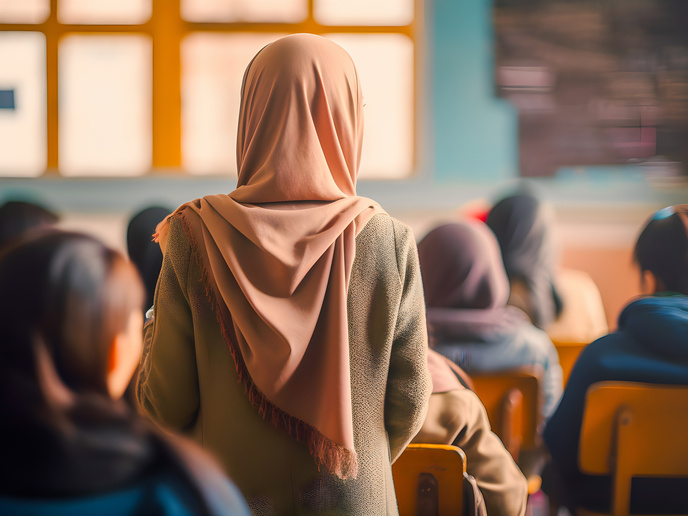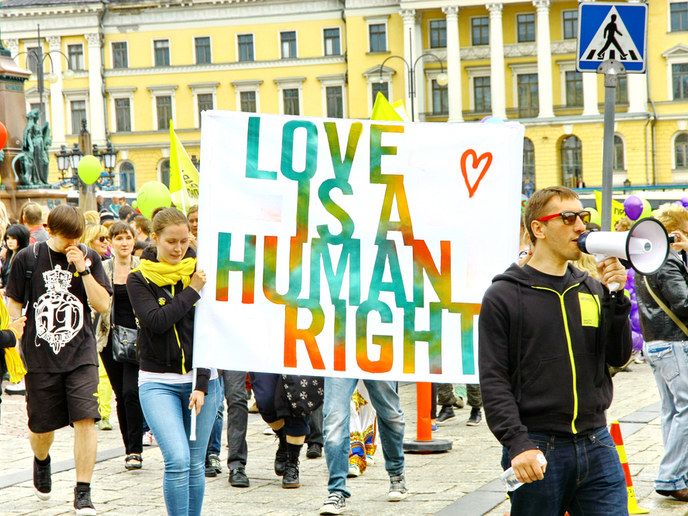Understanding female illiteracy within the frame of migration
Women are overrepresented amongst the world’s illiterate population because, in several parts of the globe, gendered norms and social constructions still generate different expectations and investments regarding the education of boys and girls. And this trend is later reproduced in adult life. Furthermore, the migration experience is also known to activate different types of illiteracy by disrupting the educational paths of many individuals while imposing on them new hurdles, such as the need to learn a new language or a different alphabet. In Europe, the last few decades have shown changing trends(opens in new window) in migration fluxes and the gender and education composition of the migrant population. Women have a more balanced presence in today’s international migration, with a wide range of motivations for migration that go beyond family-dependent roles. There is also evidence supporting the increased influx of migrants from countries with high illiteracy rates. Financed by the Marie Curie Skłodowska Actions(opens in new window) programme, the GEMILLI(opens in new window) project provided an integrated approach to the study of illiteracy in migrant women. The project analysed the processes of literacy acquisition of the women who are learning to read and write in a host country, in a language that is not their native tongue. GEMILLI offers new knowledge on how the current social policy is addressing this issue, on the role of the institutional context and of local and community organisations. Specifically, the project studied the social integration of these women and the daily life impacts of illiteracy in our written and knowledge intensive societies.
Literacy acquisition: a multifactorial and multifaceted journey
Interestingly, the research confirmed that despite expected structural conditions that shape these women’s lives, such as social and gender inequalities, there is significant variability in their trajectories, in their motivations and limitations and in the way they approach illiteracy. “Women’s illiteracy is not specific to a given age group, family composition, or country of origin. Rather, we can find different profiles of migrant women in the process of literacy acquisition,” explains MSCA fellow Margarida Martins Barroso. “Along the same lines, the motivation to learn is also very varied, ranging from objectives of an instrumental nature, such as administrative regularisation or labour market entry, to objectives of self-realisation and identity (re)definition, and/or to a complex combination of goals of a different nature.”
Adult illiteracy in Europe: more than a social issue
The societal implications of this kind of research, as well as all the complexities of the theme, are unanimously recognised by the scientific community. “I believe it is essential to address adults’ absolute illiteracy as a political problem, and consequently that the main application of the project would be ideally at the policy level,” states Martins Barroso. “The GEMILLI results show that the European policies on gender, migrants’ integration and adults’ education are still failing to contemplate the specific needs of illiterate migrant women, which reinforces their public invisibility and exclusion.” GEMILLI has initiated a thorough discussion on how to collect and integrate accurate, comparative, and longitudinal statistical indicators in existing official databases, and how to use them to inform a truly intersectional approach in public policies. The next step is to further disseminate the results to policy makers and inform the development of social responses able to promote real inclusion.







